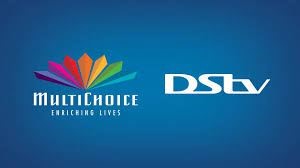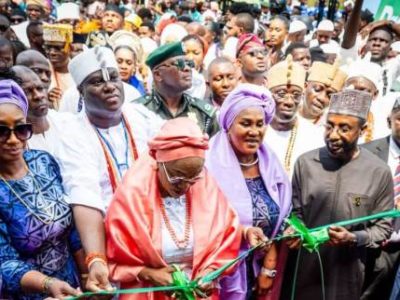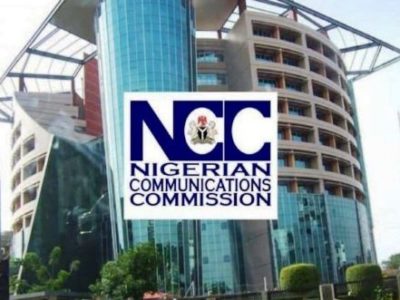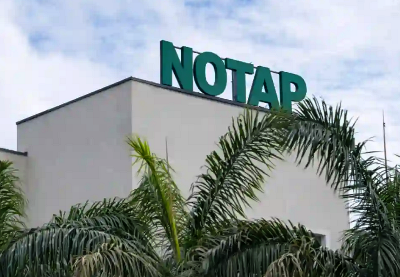The Nigerian government has hinted at imposing a pay-per-view charging model on pay-TV companies in the country through regulatory intervention. The move will impact directly on Multichoice/Digital Satellite Television (DStv), the country’s market leader, currently being investigated by an ad hoc committee of the House of Representatives for what many deemed its unhealthy tariffs.
Minister of Information and Culture, Alhaji Lai Mohammed, told the House to dismiss claims by Multichoice that pay-per-view was unrealistic in Nigerian market.
He said competitors including StarTime, and the cable arm of the Nigerian Television Authority (NTA), have been operating the tariff model for years. He insisted that Nigerians were entitled to a pay-as-you-watch model and government was bound to apply regulatory interventions.Multichoice has always insisted that it lacked the payment structures that would allow such payment regime in Nigeria.
NBC halts hiked tariffs
Also, the Nigerian Broadcasting Commission (NBC) has ordered MultiChoice to reverse its newly hiked tariffs on different DStv bouquets, a hike the Nigerian government considered as “unreasonable and predatory.”
According to Mohammed, in order to allow cable TV operators mitigate running operational costs resulting from COVID-19 lockdown, government had suspended monthly licensing dues for two months.
His words: “On the issue of increase in price for subscribers, with the onset of COVID-19, one of the first things we did in the ministry with the NBC was to provide succour to broadcasters.
“We suspended payment for the initial two months to all broadcasters so that they would be able to absorb the impact of COVID-19. Therefore, it will be unfair for those for whom we have suspended payment to also at the same time increase their own fees.”
Ending Monopoly
Meanwhile, the government has indicated plans to break any existing monopoly in the market including ending the exclusive rights of DStv over sporting events.
Portions of the Broadcasting Code and Broadcasting Act to regulate monopolistic excesses of broadcasters will now be fully applied, and those requiring amendments by the National Assembly will be also be brought to the House, said Mohammed.
His words: “You will notice, in recent weeks, a lot of attacks on the ministry as a result of these amendments. These amendments have actually struck at the heart of monopoly. These amendments are, for once, giving back to Nigerians their own industry.”






























